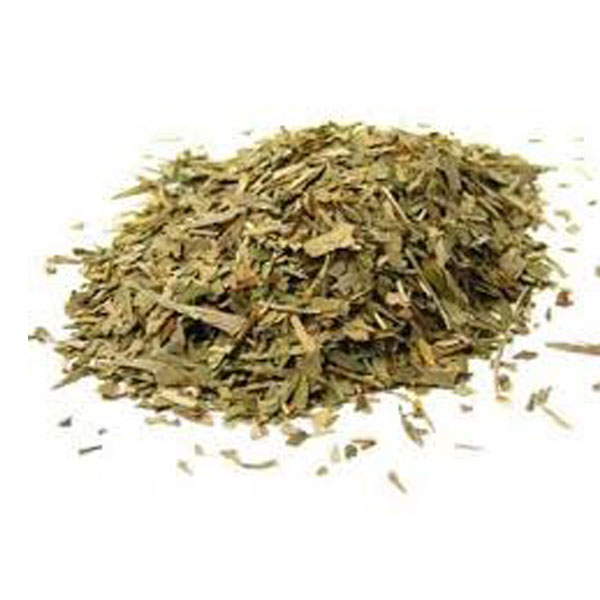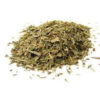Description
Gingko biloba was first used for its medicinal properties in Ancient China. The Chinese took gingko for its claimed cognitive benefits and to alleviate symptoms of asthma, they also ate gingko nuts because of their “strengthening” properties.
Traditional uses of gingko biloba include:
- Preventing bed wetting
- Increasing sexual energy
- Soothe bladder irritation
- Treating intestinal worms
It improves blood circulation by opening up blood vessels and making blood less sticky. It is also an antioxidant. For those reasons, gingko may improve vein and eye health.
Some of its benefits include:
- Improved thinking
- Improved memory
- Better social behaviour
- Reducing tinnitus
There is some evidence indicating that people with dementia can benefit from taking ginkgo, although more studies are required.
Gingko leaves contain flavonoids and terpenoids, which are both antioxidants. In your body, harmful particles called free radicals build up as you age, and may contribute to heart disease, cancer, and Alzheimer disease. Antioxidants like those found in gingko fight off free radicals, and stop them from damaging DNA and other cells.



